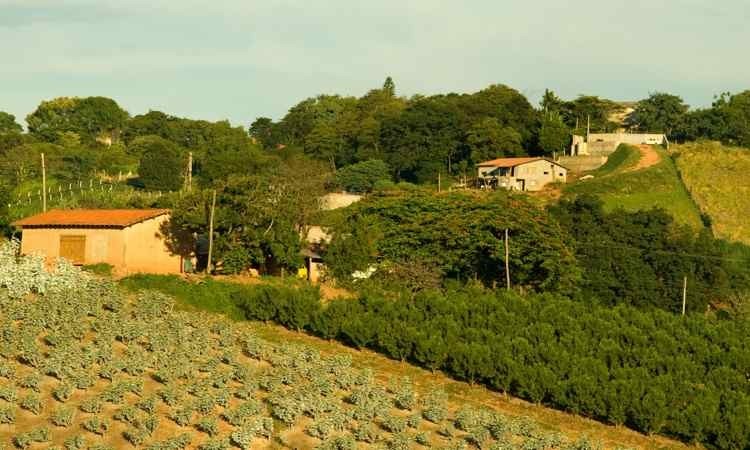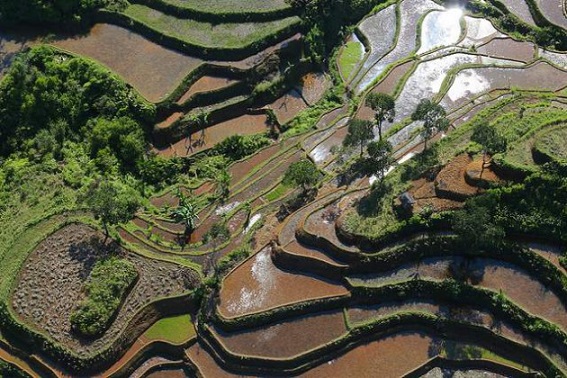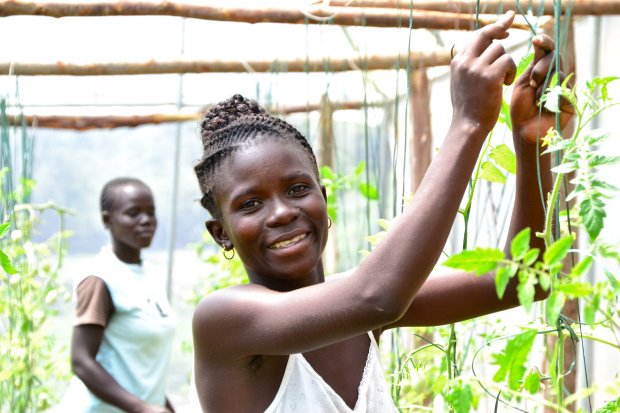 Young people are often the most passionate voices on climate change, and with reason – as the planet warms over the coming century, it is the future of the youngest at stake.
Young people are often the most passionate voices on climate change, and with reason – as the planet warms over the coming century, it is the future of the youngest at stake.
As such, it is often youth that are the loudest and the most ambitious in calling for action, proving to be anything from serious combatants to potential allies to the politicians in charge.


 As part of YPARD’s ongoing partnership with
As part of YPARD’s ongoing partnership with  Young Professionals for Agricultural Development
Young Professionals for Agricultural Development Several strategic activities, like
Several strategic activities, like  As we sat listening to the many speakers at the first Global Landscapes Forum (GLF) in Warsaw last year, we began to envision a future for ourselves in which we could be engaged professionally in tackling some of the complex, inter-dependent issues – those “
As we sat listening to the many speakers at the first Global Landscapes Forum (GLF) in Warsaw last year, we began to envision a future for ourselves in which we could be engaged professionally in tackling some of the complex, inter-dependent issues – those “ A youth group with grand farming plans is not something you stumble upon everyday, especially when young people are more interested in jobs in the city, than staying on the family farm. But the members of Lower Kamula Youth Group in Western Kenya are shaking up their community as they are staying put while empowering other young people in the area to embrace a bright future as farmers.
A youth group with grand farming plans is not something you stumble upon everyday, especially when young people are more interested in jobs in the city, than staying on the family farm. But the members of Lower Kamula Youth Group in Western Kenya are shaking up their community as they are staying put while empowering other young people in the area to embrace a bright future as farmers.